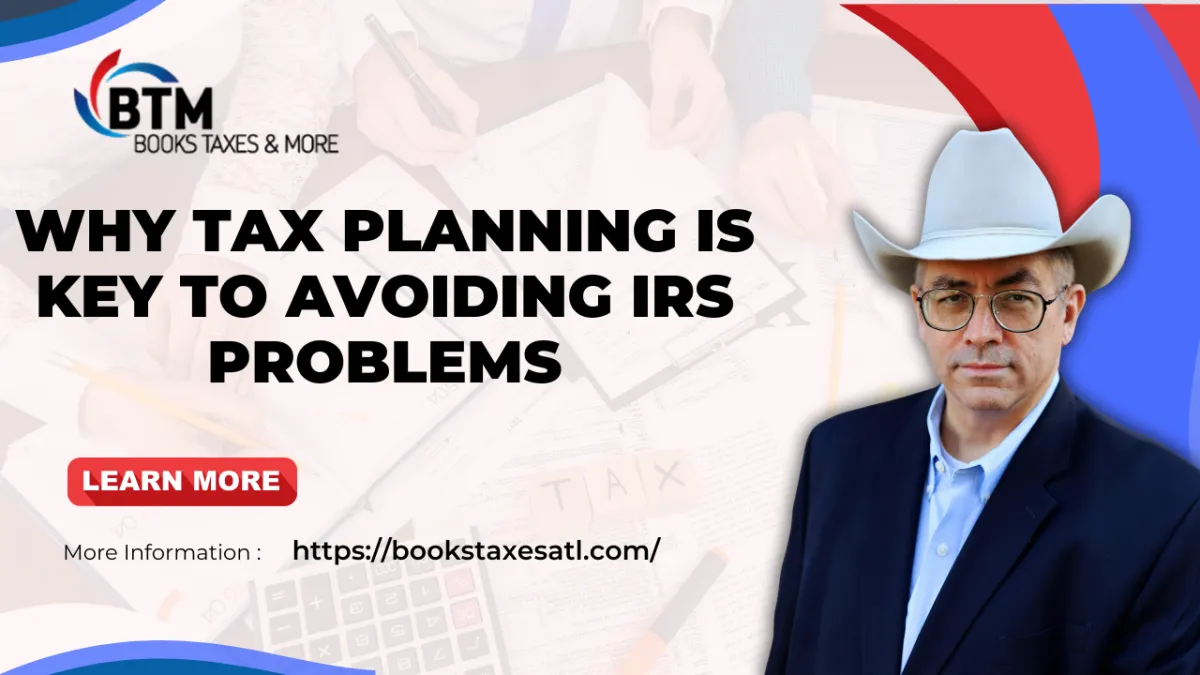Filing a Tax Return Is Not the Same as Preparing One
Published on: 31/12/2025
Filing a tax return is not the same as preparing one. Learn why preparation happens before filing, how confusion creates IRS risk, and why proactive review protects taxpayers with growing complexity.
Tax education articles and IRS representation advice for individuals and small businesses




